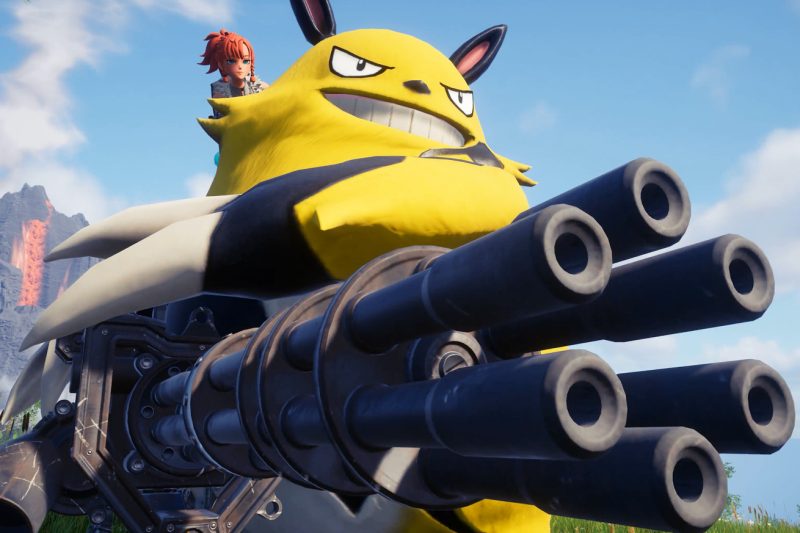
Nintendo and Pokémon Take Legal Action Against Palworld Developer Pocketpair
In the ever-evolving landscape of video games and intellectual property rights, a recent development has sent shockwaves throughout the gaming community. Nintendo and The Pokémon Company have filed a lawsuit against Pocketpair, the creators of the game Palworld. This legal battle has raised questions about the boundaries of fair use, inspiration, and the protection of intellectual property in the gaming industry.
At the heart of the dispute lies the game Palworld, which combines elements of creature-collecting games like Pokémon with mechanics reminiscent of popular titles such as Animal Crossing and Stardew Valley. The lawsuit alleges that Pocketpair has infringed on the copyrights and trademarks of Nintendo and The Pokémon Company by incorporating unmistakable similarities to their iconic franchises.
One of the key points of contention is the design of creatures within Palworld, which bear a striking resemblance to Pokémon creatures in both appearance and behavior. From electric mice to fire-breathing dragons, the overlap in creature designs has led to accusations of copyright infringement. Additionally, the game mechanics, such as capturing and training these creatures for battles, are perceived as derivative of the Pokémon series.
Furthermore, Nintendo and The Pokémon Company have raised concerns about the use of certain trademarked elements within Palworld, such as the iconic Poké Ball design and the likenesses of well-known Pokémon characters. These elements are considered intellectual property that is protected under copyright law, and any unauthorized use can be grounds for legal action.
The lawsuit highlights the challenges that arise when creating games that are inspired by or pay homage to existing intellectual properties. While game developers often draw inspiration from popular titles, there is a fine line between homage and infringement. In this case, Nintendo and The Pokémon Company assert that Pocketpair has crossed that line by incorporating too many elements that closely resemble their own creations.
Ultimately, this legal battle serves as a reminder of the importance of respecting intellectual property rights in the gaming industry. Game developers must be diligent in ensuring that their creations are original and do not infringe on the rights of others. As the case between Nintendo, The Pokémon Company, and Pocketpair unfolds, it will likely set a precedent for how intellectual property disputes are handled in the world of video games.
